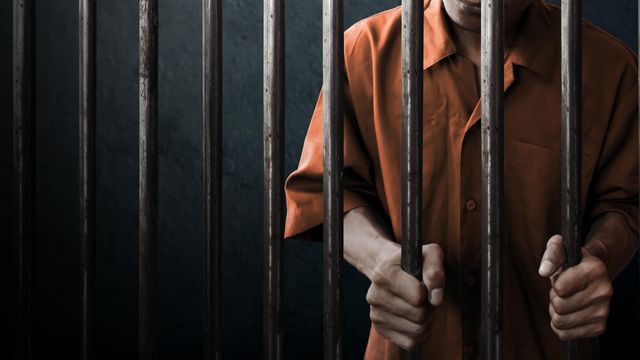State Officials Sidestep Execution Debate
The North Carolina Council of State on Tuesday tossed the debate over the death penalty back to the courts, saying it wasn't their place to sort out the controversial issue.
Posted — UpdatedSenior Administrative Law Judge Fred Morrison Jr. in August ordered the Council of State, a nine-member panel that includes Gov. Mike Easley and other statewide elected officials, to review the protocol used in executions. But after a brief discussion Tuesday, the council voted 8-1 to send the issue to Superior Court, determining that Morrison lacked jurisdiction in the death penalty dispute.
Insurance Commissioner Jim Long cast the lone dissenting vote.
"We really shouldn't be in it," Easley said. "But we did what the Superior Court asked us to do. We're just trying to keep this in Superior Court. We're trying to stay out of it."
Morrison's ruling came in a lawsuit by some death-row inmates, who challenged the state's use of lethal injection as a violation of constitutional protections against cruel and unusual punishment. The judge determined that the protocol needed to be tweaked to ensure inmate's rights were protected, and he ordered that the Council of State accept input from attorneys representing death row inmates before adjusting the protocol.
"The issue we did (Tuesday) was not pro or con death penalty or prosecutions or what have you. It was a procedural matter," Secretary of State Elaine Marshall said.
The council's move upset attorneys for death-row inmates.
"It is, in fact, their job to look at this issue. So we were disappointed that essentially a procedural issue was used to avoid it," attorney Elizabeth Kuniholm said. "Someone needs to step up to the plate."
Executions have been put on hold in the state since January, when the North Carolina Medical Board adopted a policy that threatened to punish physicians for participating in executions. State law requires that a physician be present at every execution.
Superior Court Judge Donald Stephens ruled last month that the medical board overstepped its authority and ruled that the board cannot punish physicians. The state Department of Correction sued the board in March, saying no physicians were willing to help carry out an execution for fear of losing his or her medical license.
At the same time, the cocktail of drugs used in lethal injections have been questioned in North Carolina and elsewhere.
The U.S. Supreme Court recently agreed to hear a case involving Kentucky's lethal injection procedures, and whether inmates suffer as a result. North Carolina uses the same drug combination as Kentucky.
• Credits
Copyright 2024 by Capitol Broadcasting Company. All rights reserved. This material may not be published, broadcast, rewritten or redistributed.






